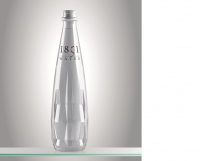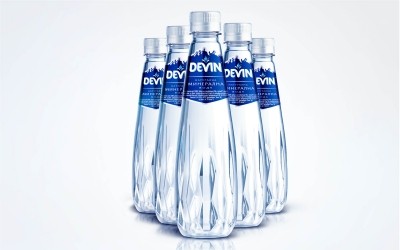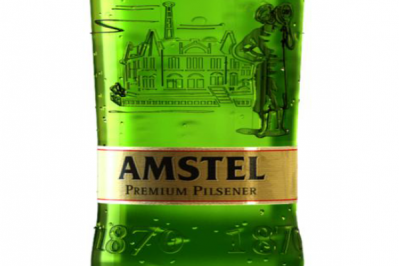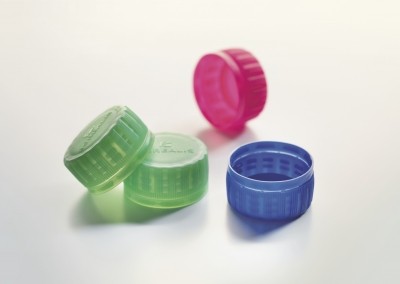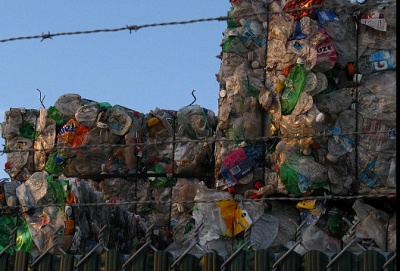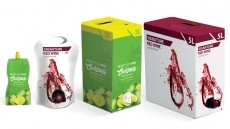P.E.T Engineering gives ‘imperatives’ for packaging firms
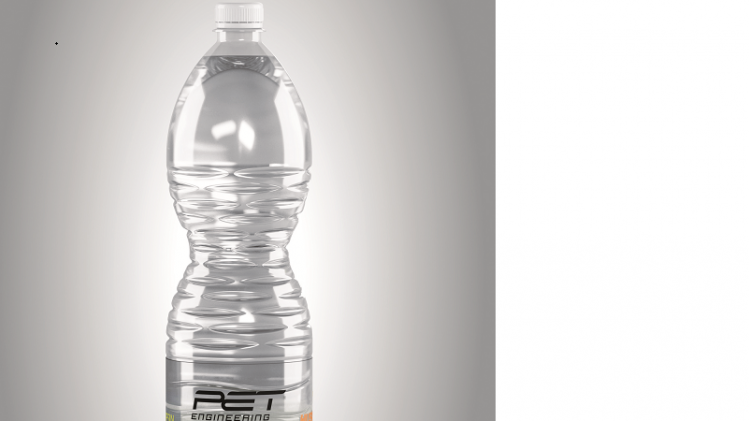
The company works in polyethylene terephthalate (PET) beverage packaging with companies such as PepsiCo, Nestlé Waters, Granarolo, Parmalat, Baltika, Efes, AB InBev, Carlsberg and Ferrero.
Recycled and alternative materials will become more important than light-weighting which has already been pushed to the limit, often affecting container usability and its capability as a tool, said Moreno Barel, CEO. of P.E.T. Engineering.
“For this reason, in our laboratory, we work in two directions: on one hand we are daily engaged in testing new materials, resins and additives in order to give our customers a broad overview of the materials currently available in the market,” he told FoodProductionDaily.com.
“On the other hand we work against "unconscious light-weighting solutions" by following the criterion of "feasible light-weighting.
“Low weight, excellent mechanical performance and final quality of each container: this should be the imperative of every company that designs packaging.”
Barrier materials and additives
Companies will work on barrier materials and additives to make PET the most suitable for any liquid product and new technologies will allow the reduction of production costs while maintaining high performances.
“We have already worked in this direction and, in collaboration with Novapet and Husky, we have developed an ultra-light bottle for milk, only 18.5g for fresh milk, 19.5g for extended shelf life and 21.5g for UHT,” said Barel.
“[This] means respectively the 17.7%, 15.2% and 10.4% less than the weight of the containers currently on the market.
“The lightening, as well as a combined study of the preform and container, comes also from the adoption of a new material, an alternative to multilayer preforms currently used in the dairy industry.”
Main targets
Barel said one of its main targets is to consolidate its position in existing markets: Italy, Central and Western Europe, Russia and other Commonwealth of Independent State (CIS) countries.
This success has been prompted by foreign markets, where the company generates 82% of its total sales, 70.58% of which comes from the outside the EU, and from the Russian Federation.
“We are also looking into China, where we entered last year and that has already given us important results,” he said.
“The Chinese market appreciates what comes from the Western world and allows us to offer our products as synonym for design, innovation and Made in Italy.
“Further investments in R&D, with the purchase of new equipment and the recruitment of new staff are foreseen.”
Turnover growth
Turnover in 2012 was €5.5m in P.E.T Engineering Italy and €7.7m in 2013 from P.E.T Engineering, which also has a branch in Moscow.
In Russia, where the firm’s turnover is 35.67%, bottles are changing neck finishes, from the PCO 1810 to PCO 1881 (saving 1.3 grams per bottle) and from 48mm to 38 mm with a saving of four grams per bottle.
“The change of the neck finish type allows a weight reduction avoiding the redesign of the bottle or the change of the preform design,” he said.
“The neck finish conversion requires the replacement or the modification of all the partsin the machine in contact with the new neck finish.”
Italy attitude
Barel cited Italy, were turnover is 19.12%, as an example of how the firm is changing from technical development of bottles to the design strategic process.
“Vitasnella, the bottle we developed for Ferrarelle in 2013 that meant a big change for P.E.T. Engineering which, in recent years, has hired industrial designers and changed its philosophy of packaging design.
“The packaging, from now on, wouldn’t be just the outcome of technical skills but the result of a broader approach that looks at packaging not only as a tool for drinking but also as a fundamental communicative tool and the main brand touch point between the brand and the customer.”
China growth
Turnover in China, a market only entered recently is 14%, and has already seen the firm sell more than 700 bases and 1,000 moulds.
“This has been possible, in a country where moulds are cheaper that the ones made in Europe, thanks to the knowhow and the technical support we can give to our customers along with the moulds,” he said.
